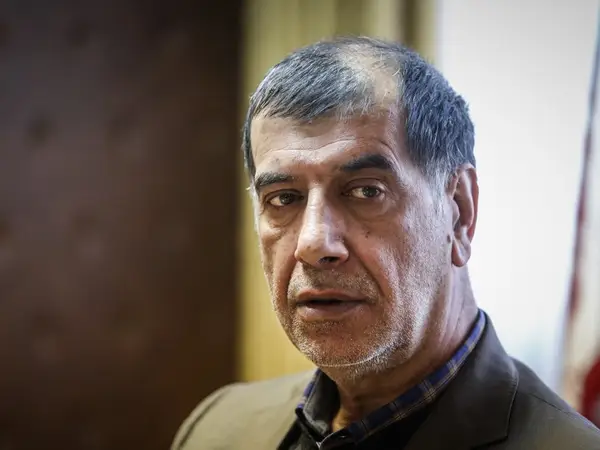An influential politician, Mohammad Reza Bahonar, has called for convincing Supreme Leader Ali Khamenei to consent to changing Iran's rigid Constitutional Law.
Bahonar, who is a former deputy speaker of the Iranian parliament and the leader of the Islamic Association of Iranian Engineers, is known for his influence in conservative political circles and his ability to organize political moves at times of crisis.
In his interview with Etemad Online published on Saturday, Bahonar said that Iran needs structural changes and Khamenei should be convinced to accept the changes.
Meanwhile, Bahonar put forward his idea of "the Second Republic" and stressed that Iran needs to facilitate the rotation of elites to materialize this idea.
Bahonar has a proven track record of organizing and mobilizing conservative groups. He did that following the landslide victory of Iran's reformists in the 1997 presidential election and the 2000 parliamentary election and consolidated the conservative groups. Nonetheless, he had remained conspicuously silent in recent years.
Bahonar’s political re-emergence
His high-profile re-emergence into the political scene took place last week as his name was among one of those who formed an alliance of reformists and moderate conservatives in a bid to bring about "a fundamental change in the country's political landscape." He is now suggesting the ideas of a second republic and good governance to facilitate the political comeback of moderates.
Bahonar has suggested in his interview with Etemad that Khamenei should approve the forming of at least four political parties ranging from the far left to reformists, moderates and conservatives with election candidates in each party who would have true plans for the future of Iran and form a parliament in 2024 that would think of national interests as its foremost concern.
He said that in the absence of real and powerful political parties, the lawmakers do not really know each other during their four years in parliament, let alone working together to solve the country's problems.
But how can his ideas be put into practice in a country where discussing a change in the constitution is part of the regime's red lines? That is probably why the seasoned politician seeks Khamenei's consent. Meanwhile, Bahonar said that he is not alone in his call for change, adding that there are other politicians who agree with him although they might differ on the details of what needs to be done.
By "others" Bahonar possibly means politicians such as former President Hassan Rouhani, former Majles Speakers Ali Larijani, Ali Akbar Nategh Nouri and former vice-president Es'haq Jahangiri who are part of a newly formed alliance. One of the signs that indicate the alliance is serious is the strong opposition expressed by the Raisi administration official mouthpiece, the Iran newspaper.
A new Republic
Bahonar explained the need for a new republic by enumerating the flaws in the current political system where instead of national interests, various institutions are mainly preoccupied with serving group interests based on ethnic, vocational and economic interests.
He added that other than at least four true political parties, Iran needs a second legislature like a senate. Bahonar said in Iran governments wrongly take pride in the fact that they are not backed by any political party.
He said since the French Revolution, France has changed the structure of its republic five times. Bahonar then called on Khamenei to use Article 177 of the constitution to allow a revision of the Constitutional Law through a special assembly or via a referendum.
He also called for the rotation of elites and criticized officials who depart from their seats only when death comes. He blamed them for the low turnout in recent elections in Iran and warned that this is a sign of a decline in the government's social base. Bahonar said experts in the intelligence agencies should probe into the causes of this decline.
